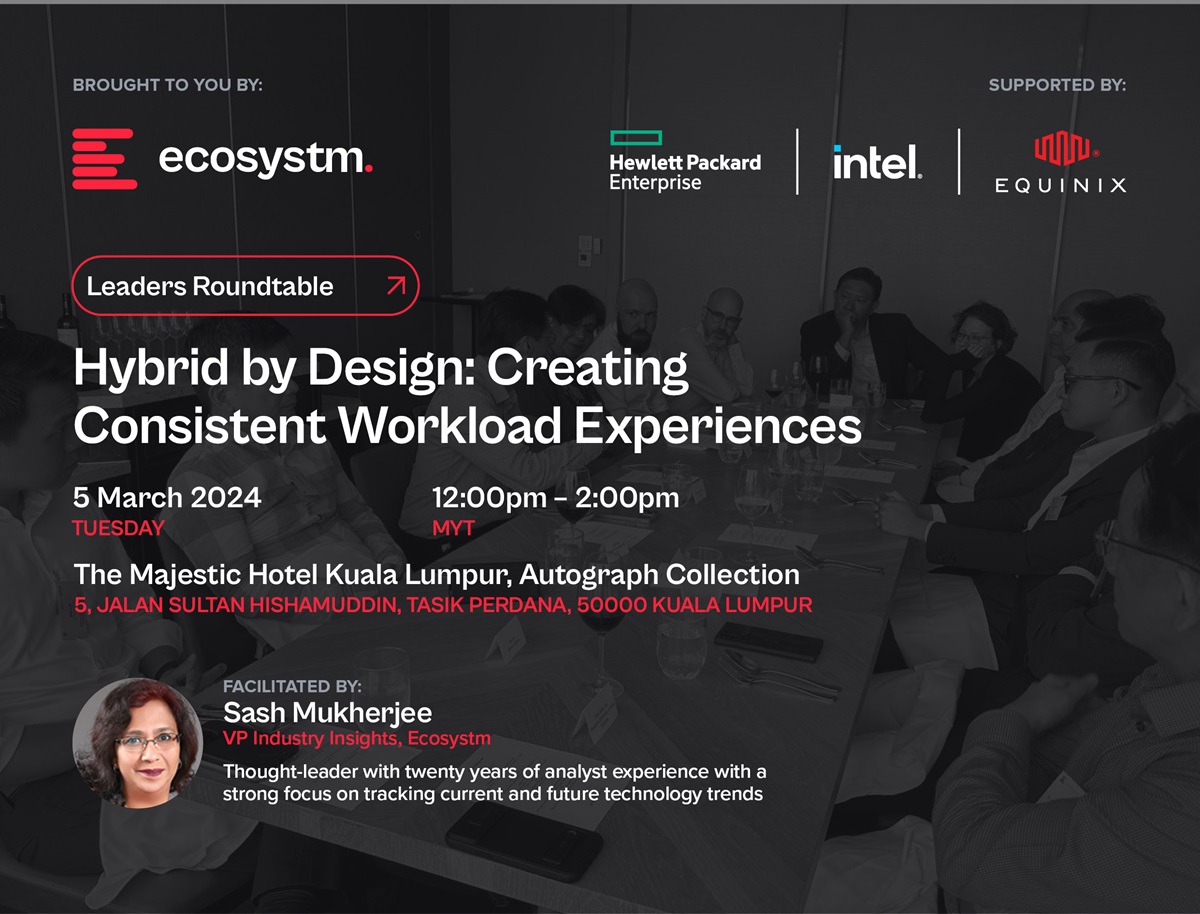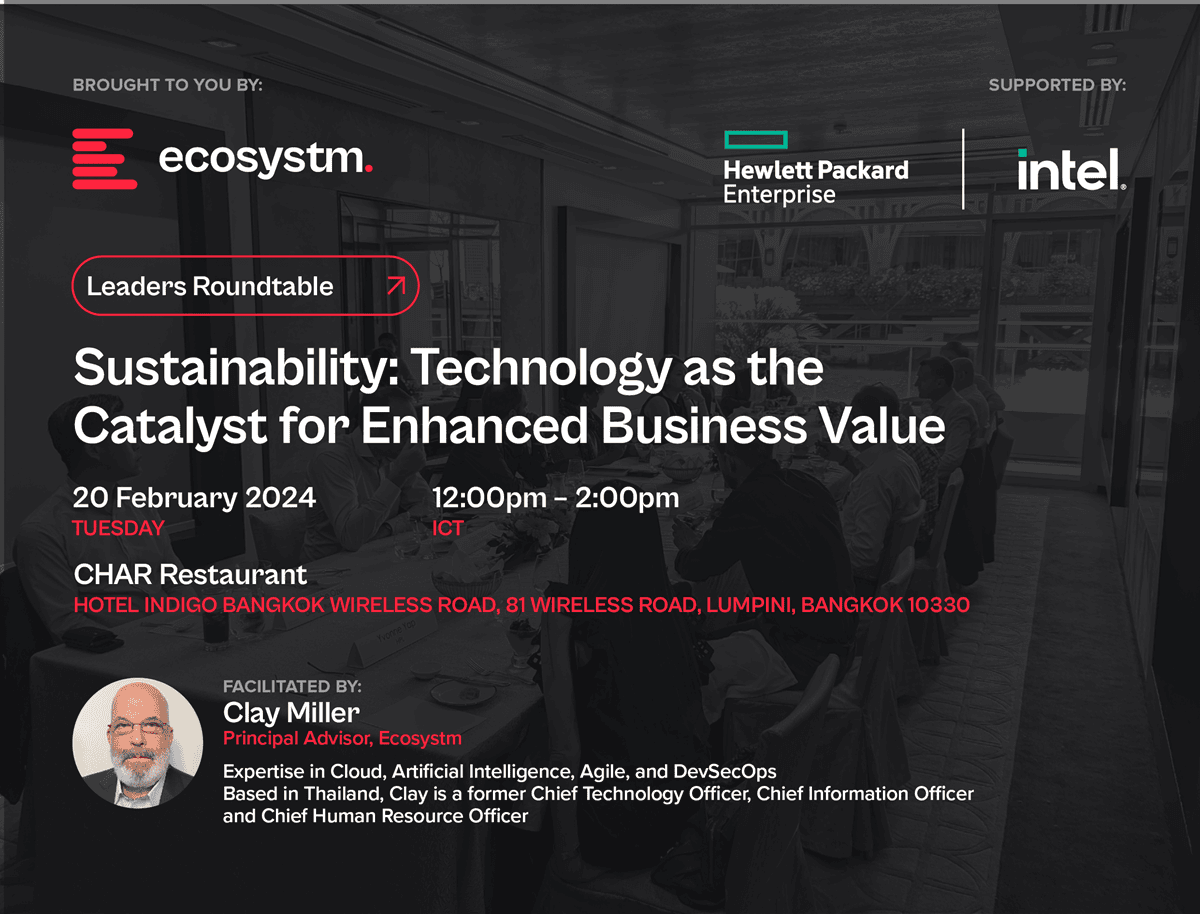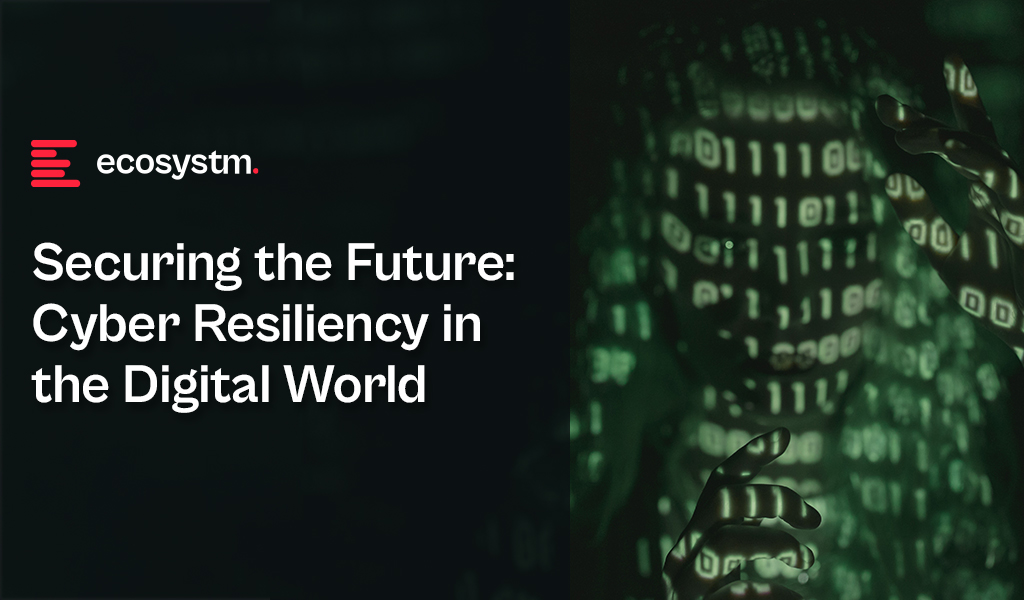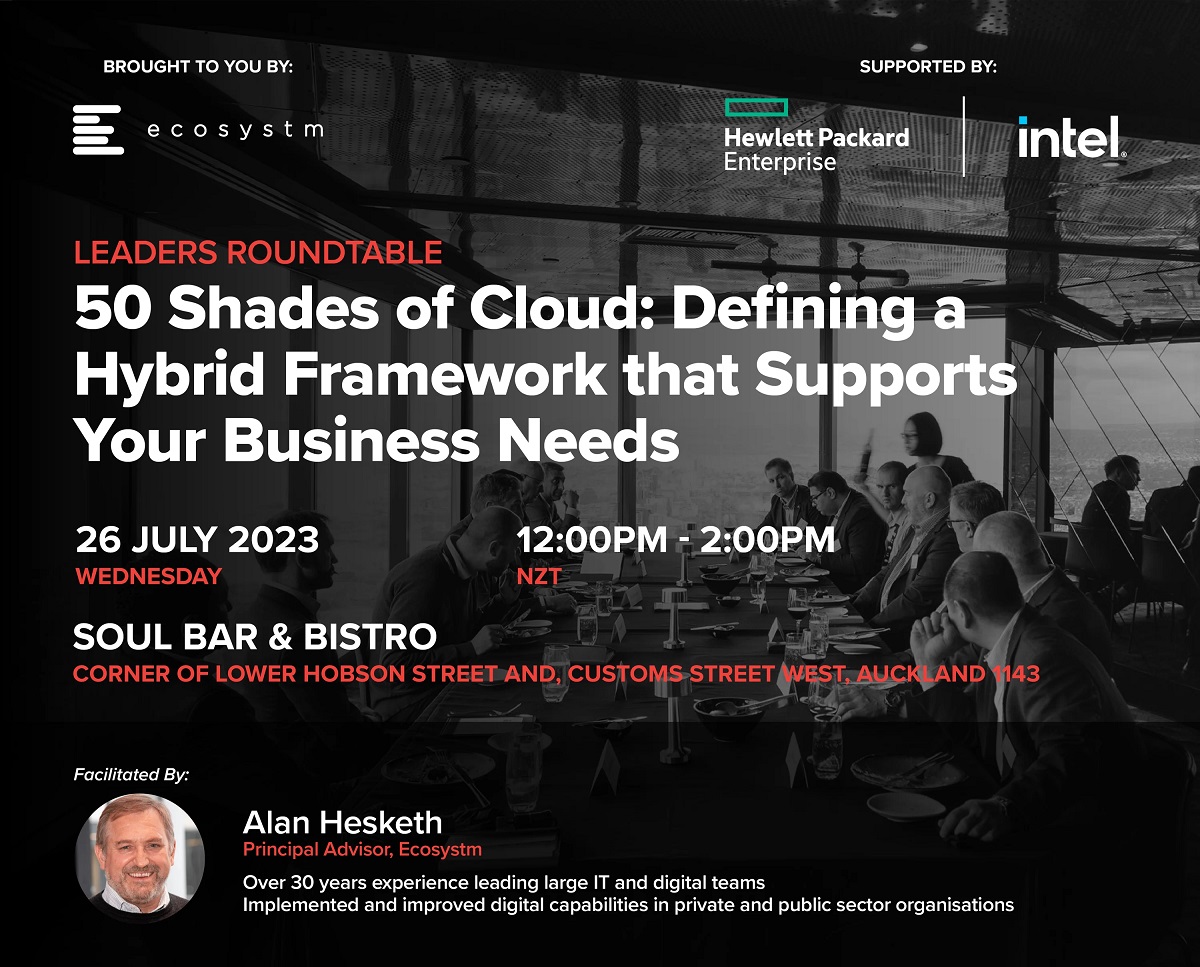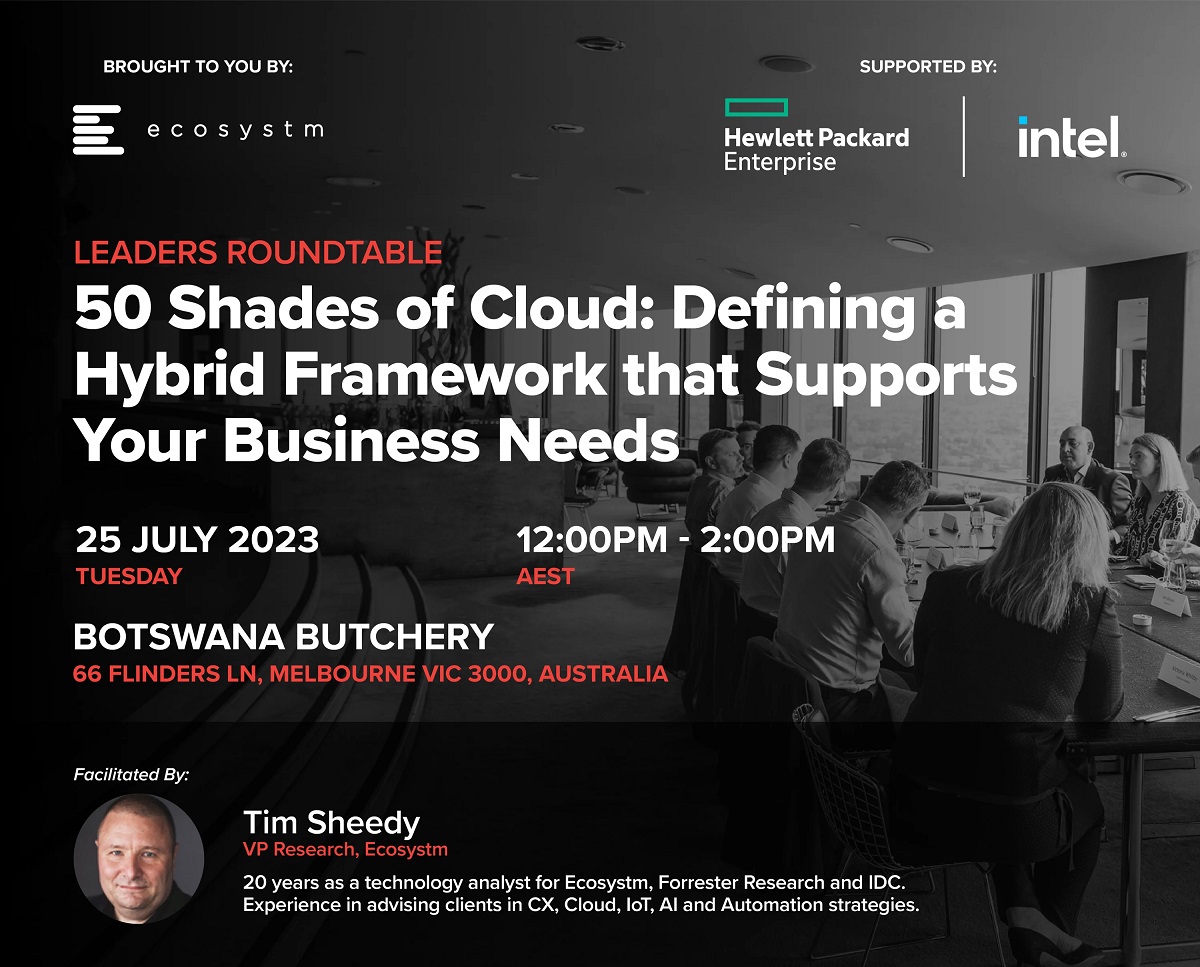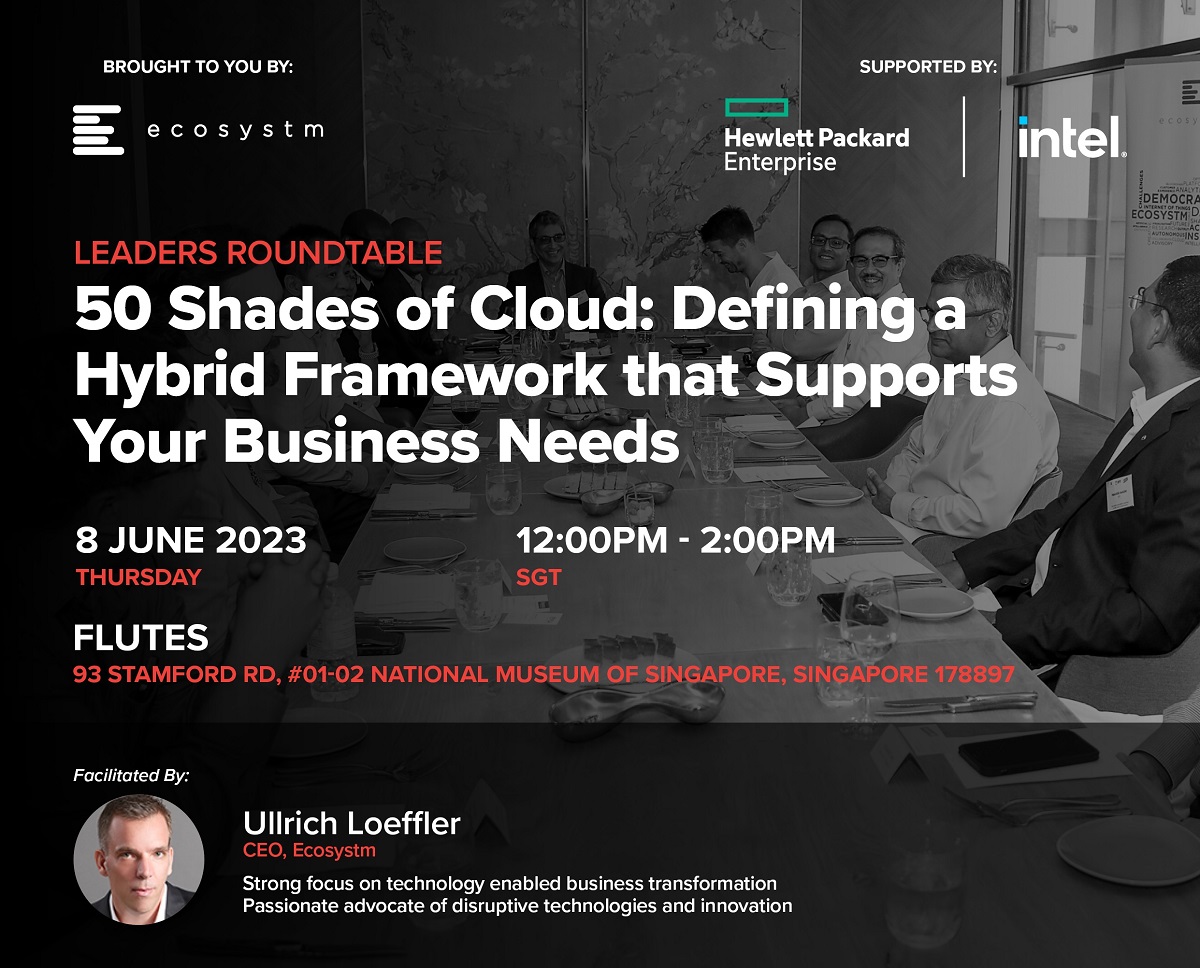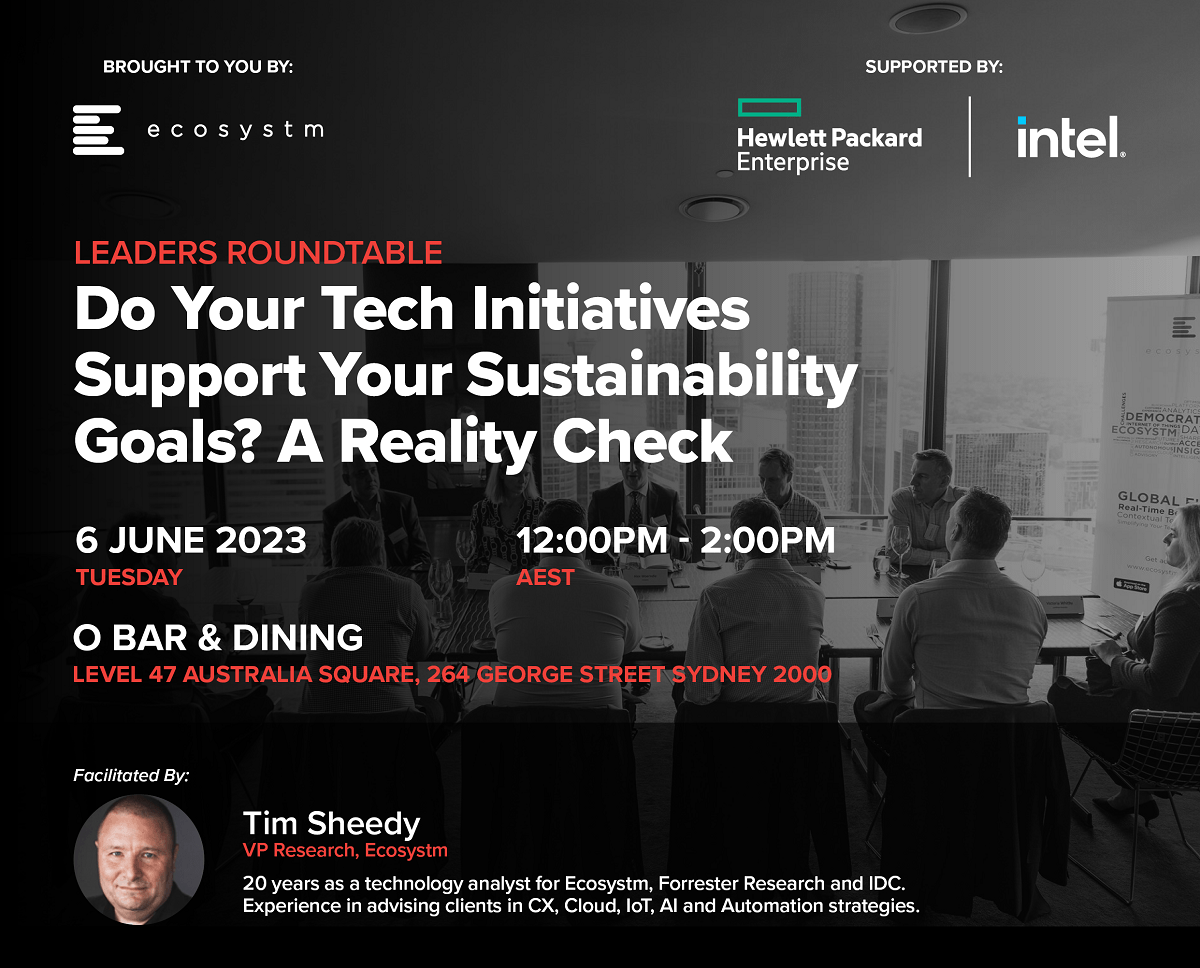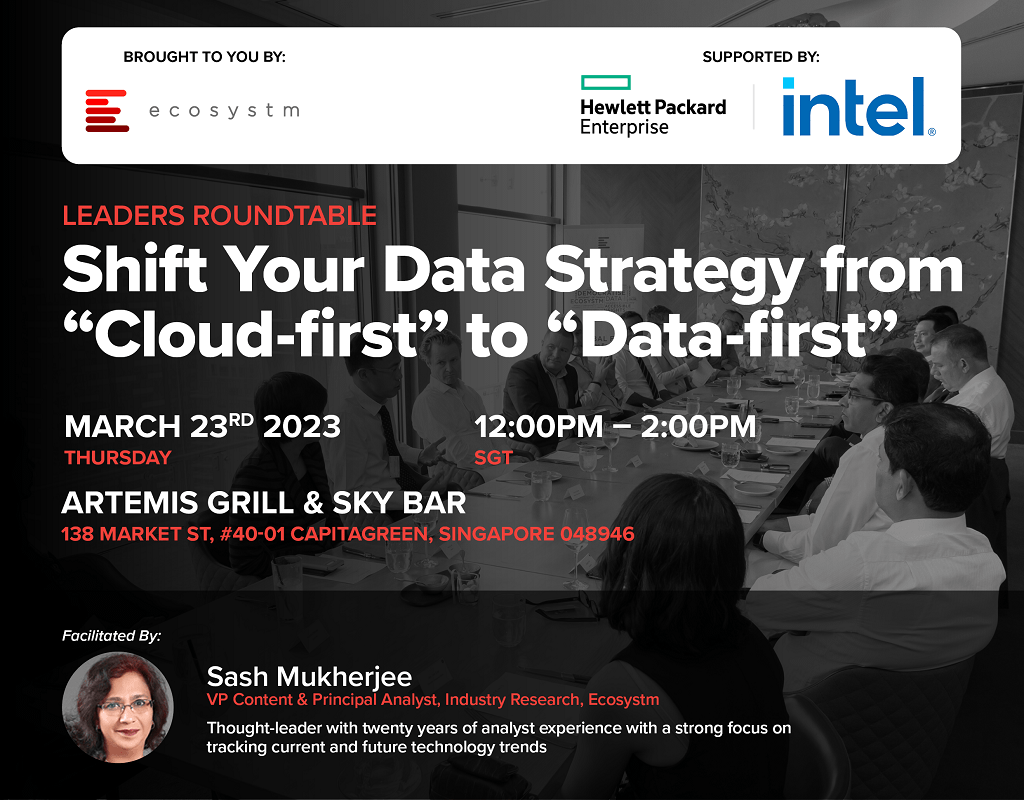Cyber threats are growing in volume, intensity, and complexity and are here to stay. Basic endpoint attacks are becoming intricate, multi-stage operations. Cybercriminals are launching highly coordinated and advanced attacks. This evolving threat landscape affects businesses of all sizes, jeopardising data, operations, and finances.
In the face of massive data leaks, costly ransomware payments, and an ever-expanding and complex threat landscape, the need to strengthen digital defences has driven significant advancements in cybersecurity.
Read on to find out how organisations, governments, industry associations and technology providers are evolving ways to combat cybercrime.
Download ‘Securing the Future: Cyber Resiliency in the Digital World’ as a PDF



